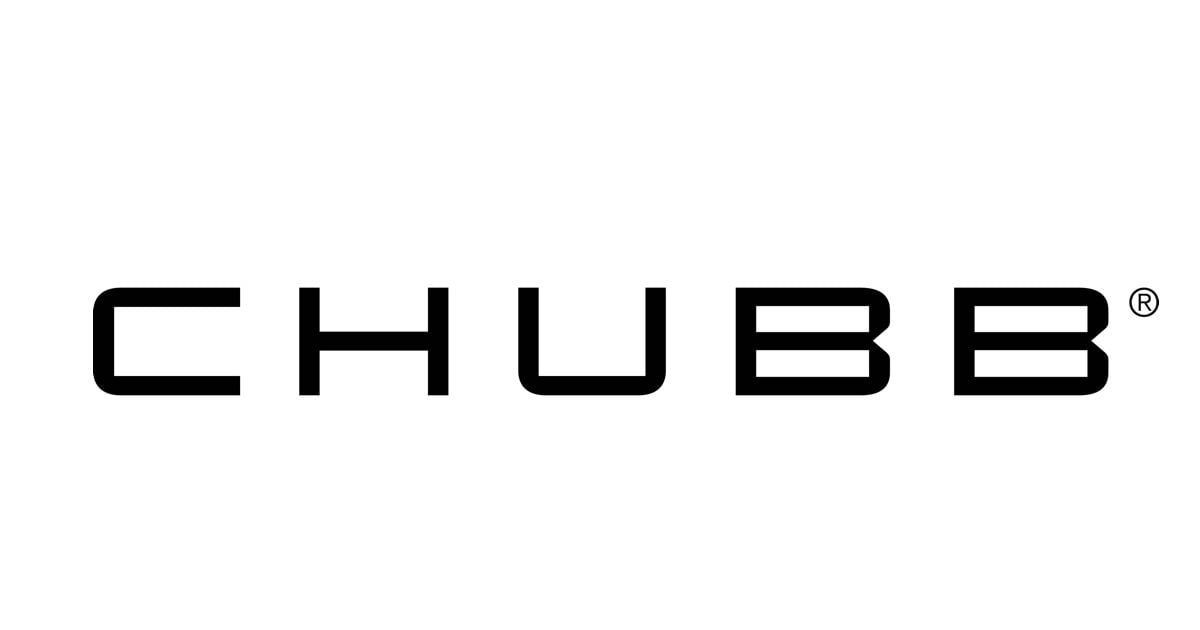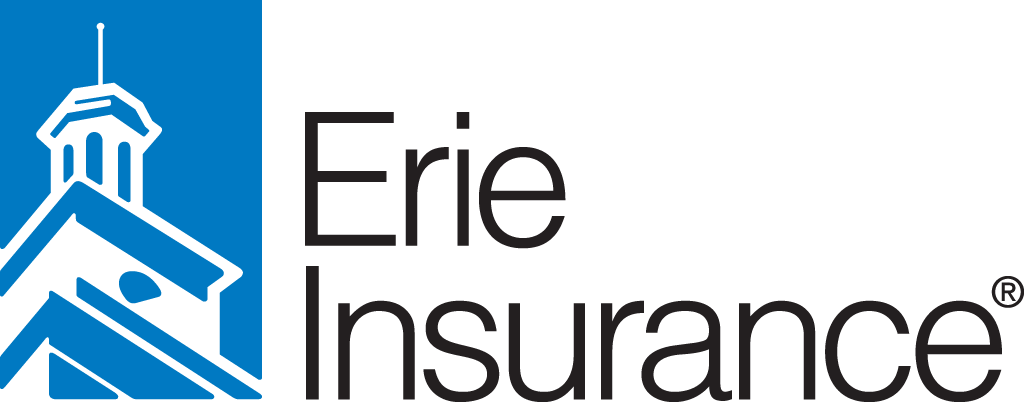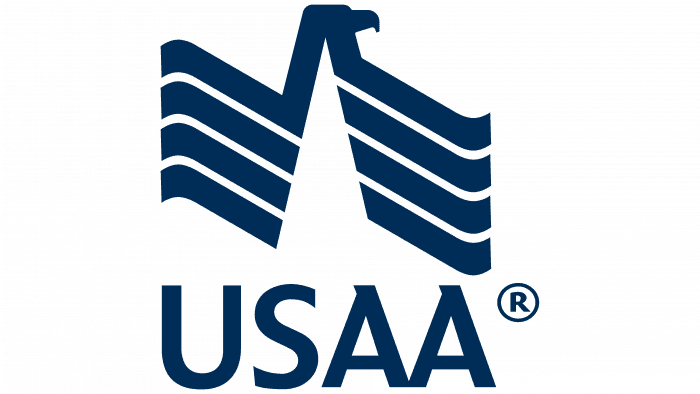Key takeaways
Chubb and USAA received the highest ratings in our analysis of home insurers in Washington, D.C.
USAA is the best cheap insurer in Washington, D.C., with a star rating of 4.8 and an average annual premium of $925. (USAA is available only to members of the military, veterans, some federal employees and their families.)
Chubb and USAA are the best home insurance companies in Washington, D.C., according to our analysis.
To help you find the best home insurance in Washington, D.C., we gathered and analyzed data from insurance companies across the state. These are the insurers that earned 4.5 stars or more.
Rates are based on a sample homeowner with no recent claims, $300,000 of dwelling coverage, $300,000 of liability coverage and a $1,000 deductible.
Company | NerdWallet star rating | Average annual rate |
|---|---|---|
Not available | ||
Not available | ||
Not available | ||
$1,435 | ||
Not available | ||
$1,490 | ||
USAA* | $925 | |
*USAA membership is open only to active military, veterans, some federal employees and their families. | ||
Get home insurance quotes in minutes
Answer a few questions to see custom quotes and find the right policy for you.The best home insurance companies in Washington, D.C.
Below are more details about the best homeowners insurance companies in Washington, D.C.
Note: Some insurance companies included in this article may have made changes in their underwriting practices and no longer issue new policies in your state.

Chubb
- Far fewer consumer complaints than expected for a company of its size.
- Standard coverage includes features that many companies offer only as extras.
- Perks to help you protect your home.
- Most consumers can't get a quote online and will instead need to contact a local agent.
Chubb caters to affluent homeowners, offering coverage other insurers often charge extra for. For example, the company’s policies include extended replacement cost coverage for the structure of your home. This is useful in case it costs more than your dwelling limit to rebuild after a disaster. Chubb’s standard policies also cover water damage from backed-up sewers and drains.
Policyholders may be eligible for the company’s HomeScan service, which uses infrared cameras to look for problems behind the walls of your home.
» READ MORE: Chubb homeowners insurance review

Amica
- High customer satisfaction ratings and low consumer complaints.
- Platinum Choice package offers extra coverage.
- Dividend policies can return a portion of your premiums.
- You can start a quote online but may have to finish the buying process by phone.
Amica shines when it comes to customer service. It gets far fewer complaints when compared to other insurers of similar size, according to the National Association of Insurance Commissioners. Amica also earned high marks in two recent J.D. Power surveys about home insurance and customer satisfaction.
The company stands out for its broad range of coverage options. For example, you can customize your policy with extra coverage above your dwelling limit. You may also want to add coverage for identity theft or damage from backed-up drains.
» READ MORE: Amica homeowners insurance review

Cincinnati Insurance
- Various coverage options.
- Far fewer complaints than expected for a company of its size.
- Coverage available for higher-value homes.
- No online quotes.
- Very little information on website.
If you want to do business with companies that prioritize sustainability, consider Cincinnati Insurance. In recent years, the insurer has reduced fossil fuel emissions from both its facilities and company vehicles. When you buy Cincinnati home insurance, you may be able to add a “green upgrade” endorsement. With this coverage, you can use eco-friendly materials to repair or rebuild your home after a claim.
The company offers a variety of other options, including comprehensive coverage for high-value homes. You may be able to add coverage for things like identity theft, personal cyber attacks or certain types of water damage.
» READ MORE: Cincinnati homeowners insurance review
State Farm
- User-friendly website.
- Agents offer personalized service.
- Policies generally include extra coverage for your home’s structure.
- Below average for claim satisfaction in a recent J.D. Power study.
As America’s largest home insurer, State Farm stands out for its long list of coverage options. Its policies generally include extra dwelling coverage in case it costs more than expected to rebuild your home.
You may be able to add coverage for things like identity theft and water damage from backed-up drains. Another option may be to add an inflation guard rider to your policy. This automatically increases your policy limits to keep up with rising costs.
State Farm offers a free Ting smart plug to home insurance policyholders as a perk. This device monitors your home’s electrical network to help prevent fires.
» READ MORE: State Farm homeowners insurance review

Erie
- Policies may include guaranteed replacement cost coverage.
- Receives fewer complaints than expected for a company of its size.
- High customer satisfaction ratings in recent J.D. Power studies.
- No online quotes.
Erie stands out by including guaranteed replacement cost coverage for the structure of your home in most of the states it covers. With this coverage, the company will pay to rebuild your home completely after a disaster, even if the amount exceeds your dwelling limit. Many insurers don’t offer this at all, even as an option.
If you bundle your home and auto insurance with Erie, you could get a discount of 15% or more. You may also be able to save on your premium if your home has safety and security features such as smoke alarms or sprinkler systems.
» READ MORE: Erie homeowners insurance review
Allstate
- Lots of discounts to help you save.
- Home-sharing coverage available.
- Many ways to customize your coverage.
- Ranked below average for consumer satisfaction in recent J.D. Power studies.
Allstate offers lots of ways to customize your policy, including replacement cost coverage for your personal property and coverage for water damage caused by backed-up drains. Other options may include home-sharing coverage and reimbursement for replacing damaged items with energy-efficient versions.
You may also be able to upgrade your policy with the Enhanced Package. One benefit of this package is Deductible Rewards, which takes $100 off your deductible when you sign up, plus an additional $100 off for each year you go without filing a claim. If you do file a claim, your rates won’t go up.
» READ MORE: Allstate homeowners insurance review

USAA
- Policies include standard coverage that often costs extra elsewhere.
- Fewer customer complaints to state regulators than expected for a company of its size.
- Perks for military homeowners.
- Available only to active military members, veterans, some federal employees and their families.
USAA sells homeowners insurance to active military members, veterans, some federal employees and their families. If that’s you, you may want to consider USAA.
The company offers some perks that are specific to members of the military, like deductible-free coverage for military uniforms and equipment. USAA will also waive your deductible if your personal property is damaged or lost due to war.
USAA homeowners insurance has certain features that many insurers charge extra for. For example, USAA covers your personal belongings on a replacement cost basis. Many companies pay only what your items are worth at the time of the claim.
» READ MORE: USAA homeowners insurance review
- See all NerdWallet home insurance reviews
How much does homeowners insurance cost in Washington, D.C.?
The average annual cost of home insurance in Washington, D.C., is $1,295. That’s 39% less than the national average of $2,110.
In most of the U.S., including Washington, D.C., many insurers use your credit-based insurance score to help set rates. Your insurance score is similar but not identical to your traditional credit score.
In Washington, D.C., those with poor credit pay an average of $2,410 per year for homeowners insurance, according to NerdWallet’s rate analysis. That’s 86% more than what those with good credit pay.
The cheapest home insurance in Washington, D.C.
Here are the insurers we found with average annual rates below the Washington, D.C., average of $1,295.
Company | NerdWallet star rating | Average annual rate |
|---|---|---|
$1,155 | ||
USAA* | $925 | |
*USAA membership is open only to active military, veterans, some federal employees and their families. | ||
Common risks for Washington, D.C. homeowners
Here are a few of the most common risks you may face as a homeowner in Washington, D.C., along with steps you can take to insure your home against them.
Flooding
Home insurance doesn’t cover flood damage, so if you’re concerned about flooding, you may want to consider flood insurance. You can buy flood coverage at any time, but be aware there’s typically a 30-day waiting period before the insurance takes effect.
To check your flood risk, start by looking up your address on the Federal Emergency Management Agency's flood maps. However, FEMA’s maps don’t always capture all types of flood risk. You may want to check another source, like First Street, a private company that models climate hazards. Enter your address at the top of the page to see your home’s flood risk rating on a scale of 1 to 10.
» MORE: Do you need flood insurance?
Winter weather
Homeowners insurance generally covers damage caused by winter storms, but you might need additional coverage for some situations. For instance, you’ll typically need flood insurance to cover water damage caused by snowmelt. Insurers may refuse to pay for damage caused by frozen pipes if you neglected to keep your home warm enough when you were out of town.
Washington, D.C. insurance department
The District of Columbia Department of Insurance, Securities and Banking oversees the district’s insurance industry. In addition to providing information about homeowners insurance, the department can help if you have a dispute with your insurer. You can submit a complaint form online, by mail or fax, or by delivering it directly to the office. Call the department with questions at 202-727-8000.
How we rate homeowners insurance
NerdWallet’s star ratings reward companies for consumer-first features and practices. We evaluate factors such as consumer experience, coverage, discounts and financial strength.
In our research, we analyzed:
More than 270 million homeowners insurance rates.
More than 100 insurance companies.
Nearly 200 homeowner profiles.
View our complete homeowners insurance rating methodology.
- Find home insurance in other states
Frequently asked questions
Is homeowners insurance required in Washington, D.C.?
Is homeowners insurance required in Washington, D.C.?
Homeowners insurance isn't required by law in Washington, D.C. However, your lender may require you to have it. For more information, read Is Homeowners Insurance Required?
How can I save money on homeowners insurance in Washington, D.C.?
How can I save money on homeowners insurance in Washington, D.C.?
There are several ways to save money on homeowners insurance in Washington, D.C.
Shop around to make sure you’re getting the best rate.
Choose a higher deductible. In case of any claims, you’ll pay more out of pocket, but your premiums will be lower.
Bundle your home and auto insurance for a lower overall rate. See the best home and auto insurance bundles.
Ask your insurer if you qualify for any home insurance discounts.
Star rating methodology
NerdWallet’s homeowners insurance ratings reward companies for customer-first features and practices. Ratings are based on weighted averages of scores in several categories, including financial strength, consumer complaints, coverage, discounts, claims process and website functionality. These ratings are a guide, but we encourage you to shop around and compare several insurance quotes to find the best rate for you. NerdWallet does not receive compensation for any reviews or star ratings.
Here’s how we weighted each category to come up with our list of the best home insurance companies:
Consumer experience (40%).
Financial strength (30%).
Coverage (25%).
Discounts (5%).
Read our full home insurance ratings methodology for more details.
Homeowners insurance rates methodology
NerdWallet calculated median rates for 40-year-old homeowners from various insurance companies in the 25 largest cities in each U.S. state by population. All rates are rounded to the nearest $5.
Sample homeowners were nonsmokers with good credit living in a single-family, two-story home built in 1984. They had a $1,000 deductible and the following coverage limits:
$300,000 in dwelling coverage.
$30,000 in other structures coverage.
$150,000 in personal property coverage.
$60,000 in loss of use coverage.
$300,000 in liability coverage.
$1,000 in medical payments coverage.
We made minor changes to the sample policy in cases where rates for the above coverage limits or deductibles weren’t available.
In states where credit is a rating factor, we changed the credit tier from “good” to “poor,” as reported to the insurer, to see rates for homeowners with poor credit.
These are sample rates generated through Quadrant Information Services. Your own rates will be different.
Complaint methodology
NerdWallet examined complaints received by state insurance regulators and reported to the National Association of Insurance Commissioners in 2022-2024. To assess how insurers compare with one another, the NAIC calculates a complaint index each year for each subsidiary, measuring its share of total complaints relative to its size, or share of total premiums in the industry. To evaluate a company’s complaint history, NerdWallet calculated a similar index for each insurer, weighted by market shares of each subsidiary, over the three-year period.
NerdWallet conducts its data analysis and reaches conclusions independently and without the endorsement of the NAIC. Ratios are determined separately for auto, home (including renters and condo) and life insurance.

